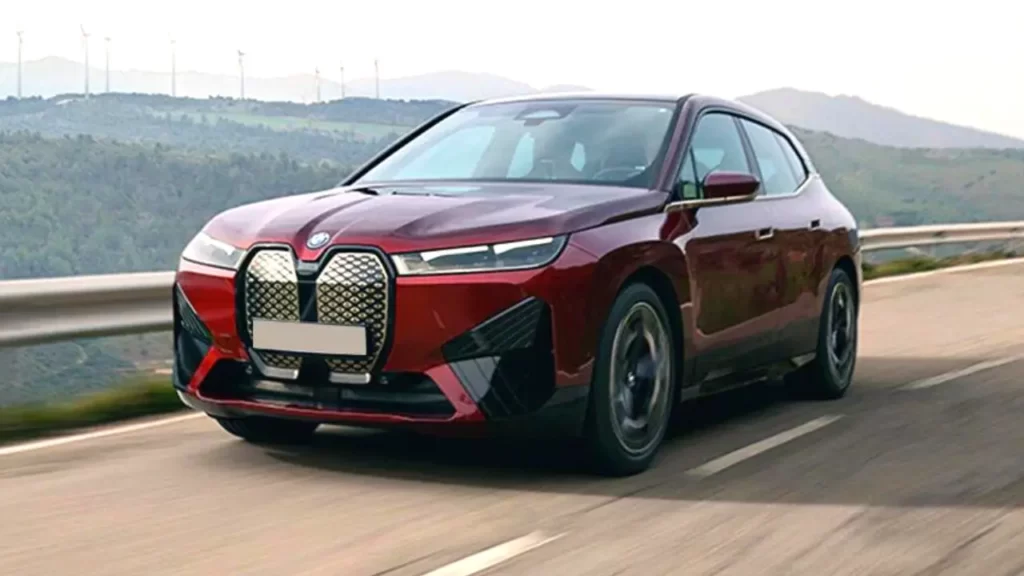Introduction
Small businesses are the backbone of any economy. They not only contribute to the GDP but also create employment opportunities and foster innovation. However, starting a small business requires capital, and many aspiring entrepreneurs, especially in developing countries, struggle to secure the necessary funding. This is where microloans come in, offering hope and opportunity for these small businesses to grow and thrive.
Microloans
Microloans, also known as microcredits, are small amounts of money lent to low-income individuals or small businesses with little to no access to traditional banking services. These loans are usually granted by microfinance institutions(MFIs) or non-governmental organizations(NGOs) and are aimed at improving financial inclusion and fighting poverty.
The concept of microloans was introduced in the 1970s by Muhammad Yunus, a Bangladeshi economist and Nobel Peace Prize laureate. He founded the Grameen Bank, which became the first microfinance institution, with the goal of providing small loans to rural women in Bangladesh. The success of the Grameen Bank and microcredit programs in other developing countries caught the attention of the international community and sparked a worldwide interest in microloans.
Today, microloans have become a popular tool for promoting economic development, especially in developing countries. They have proven to be effective in empowering small businesses and spurring growth. So, let’s explore the impact of microloans on small business growth and understand why they are essential for the economic progress of a nation.
Empowering Small Businesses
Small businesses are the lifeline of developing economies, but they often lack access to formal credit facilities due to various reasons such as lack of collateral, low credit scores, and rigid lending policies. This is where microloans can make a significant impact. Microloans provide small businesses with the much-needed capital to invest in their operations, such as purchasing raw materials, equipment, or hiring skilled workers. As a result, these businesses can expand their production capacity, increase their output, and eventually enjoy higher profits.
Moreover, microloans target the underprivileged and marginalized sections of society, particularly women and rural communities, who face multiple barriers to access traditional financing. By providing them with microloans, MFIs and NGOs empower these individuals to start their own small businesses, become self-employed, and contribute to the economy.
Creating Employment Opportunities
Small businesses have been recognized as a significant source of employment generation, especially in developing countries. However, without access to capital, their potential to create jobs remains untapped. Microloans address this crucial issue by providing aspiring entrepreneurs with the necessary resources to start or expand their businesses.
Studies have shown that microloans have a positive impact on employment growth, particularly in rural areas. Women, who often have limited job opportunities, have benefitted significantly from microloans, with many starting their small businesses and becoming financially independent. This not only contributes to the economic well-being of these women but also has a long-term impact on their families and communities.
Promoting Financial Inclusion
For many individuals and businesses in developing countries, accessing formal banking services is a challenge. Traditional banks often require extensive documentation, credit history, and collateral, which many low-income individuals and small businesses do not have. This is where microloans bridge the gap, providing access to credit for those who are excluded from formal financial services.
Through microloans, individuals and small businesses are introduced to the concept of financial management, which can help them build a credit history and eventually become eligible for larger loans from traditional banks. This not only promotes financial inclusion but also contributes to the growth of the economy as more individuals and businesses enter the formal financial system.
Reducing Poverty
One of the primary goals of microloans is to alleviate poverty in developing countries. Empowering individuals and small businesses with capital not only helps them become financially sustainable but also improves their standard of living. With increased income and access to financial services, people can afford better education, healthcare, and basic necessities, which helps break the cycle of poverty.
Furthermore, studies have found that women who receive microloans tend to invest a significant portion of their income in their families, especially in their children’s education. This has a ripple effect on the next generation, breaking the poverty cycle and providing better opportunities for future generations.
Conclusion
In conclusion, microloans have a significant impact on small business growth and economic development. By providing access to capital and promoting financial inclusion, microloans empower individuals and small businesses, creating employment opportunities, reducing poverty, and driving economic progress. They allow individuals to turn their ideas into reality, contribute to their communities, and ultimately build a stronger and more resilient society. It is no surprise that microloans have gained popularity and continue to be an essential tool for promoting sustainable economic growth.


